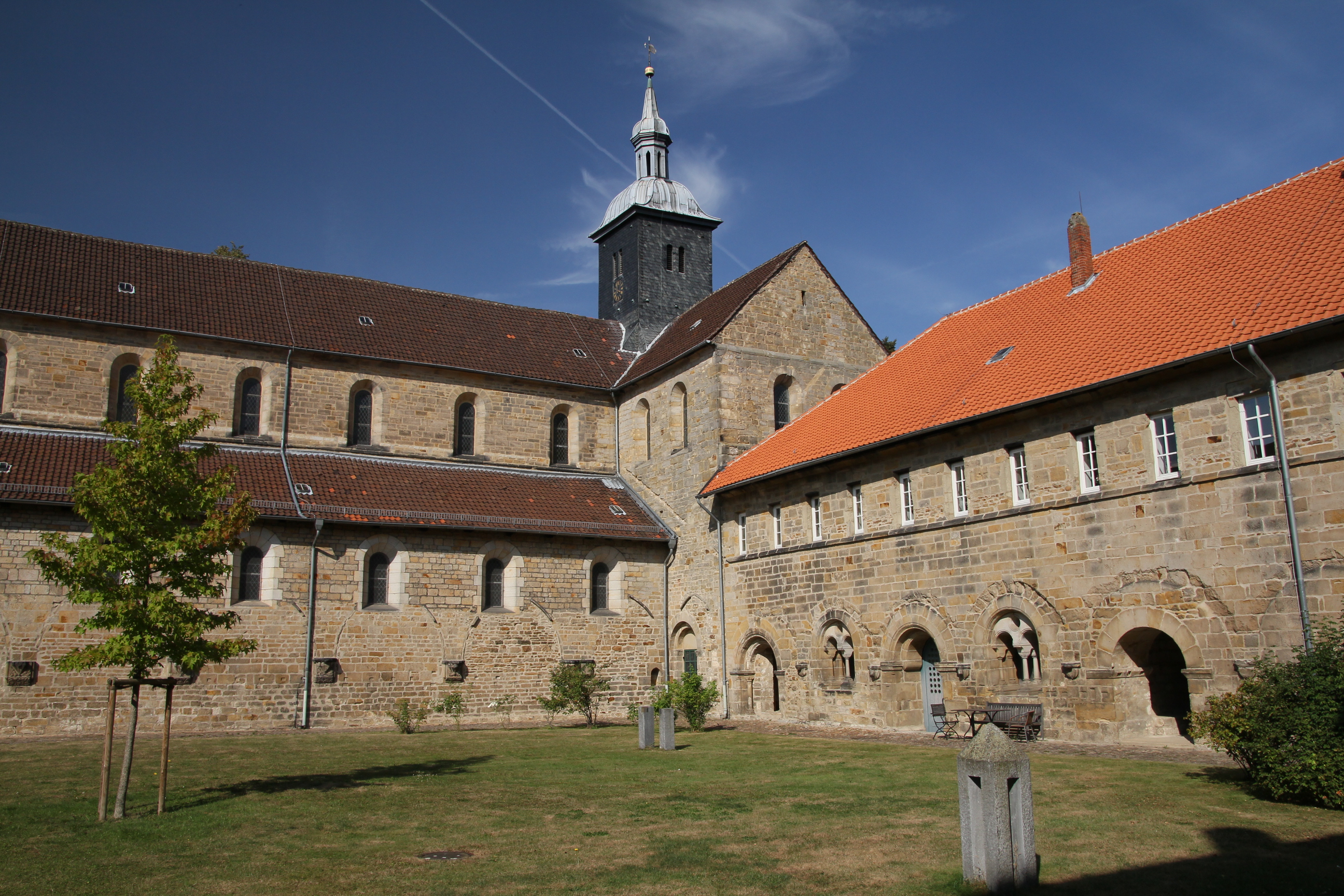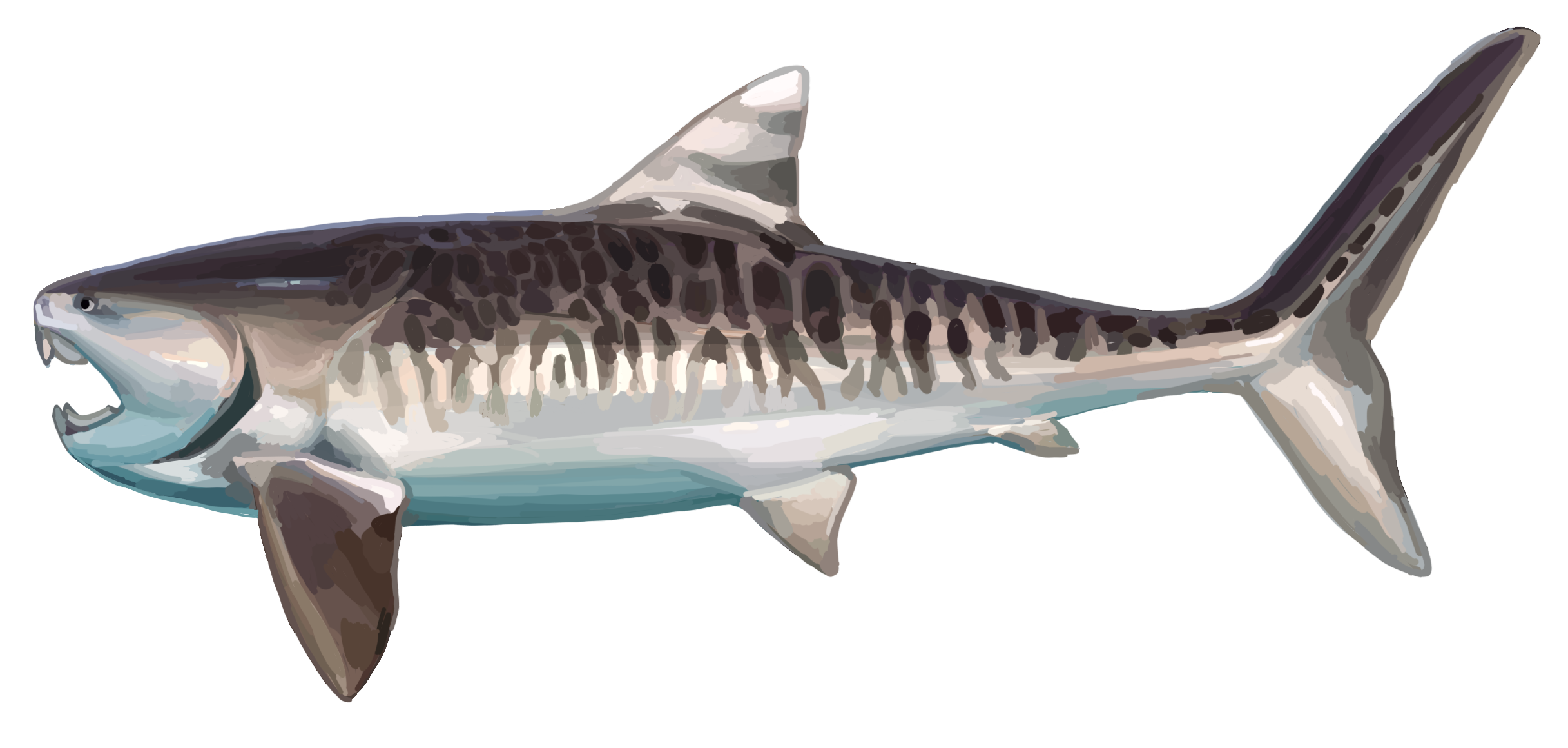|
Franz Ernst Brückmann
Franz Ernst Brückmann (27 September 169721 March 1753) was a German mineralogist born at Marienthal near Helmstedt. Having qualified as a physician in 1721, he practised at Braunschweig and afterwards at Wolfenbüttel (from 1728). In 1747 he was appointed medical assessor in Braunschweig. His leisure time was given up to natural history, and especially to mineralogy and botany. He appears to have been the first to introduce the term "oolithus" to rocks that resemble in structure the roe of a fish Fish are aquatic, craniate, gill-bearing animals that lack limbs with digits. Included in this definition are the living hagfish, lampreys, and cartilaginous and bony fish as well as various extinct related groups. Approximately 95% of ...; whence the terms " oolite" and "oolitic". He died at Wolfenbüttel. Publications * * Magnalia Dei in locis subterraneis (Brunswick, 1727). * Historia naturalis curiosa lapidis (1727). * Thesaurus subterraneus Ducatus Brunsvigii (1 ... [...More Info...] [...Related Items...] OR: [Wikipedia] [Google] [Baidu] |
Mineralogist
Mineralogy is a subject of geology specializing in the scientific study of the chemistry, crystal structure, and physical (including optical) properties of minerals and mineralized artifacts. Specific studies within mineralogy include the processes of mineral origin and formation, classification of minerals, their geographical distribution, as well as their utilization. History Early writing on mineralogy, especially on gemstones, comes from ancient Babylonia, the ancient Greco-Roman world, ancient and medieval China, and Sanskrit texts from ancient India and the ancient Islamic world. Books on the subject included the ''Naturalis Historia'' of Pliny the Elder, which not only described many different minerals but also explained many of their properties, and Kitab al Jawahir (Book of Precious Stones) by Persian scientist Al-Biruni. The German Renaissance specialist Georgius Agricola wrote works such as '' De re metallica'' (''On Metals'', 1556) and ''De Natura Fossilium'' (''O ... [...More Info...] [...Related Items...] OR: [Wikipedia] [Google] [Baidu] |
Mariental, Germany
Mariental is a municipality in the district of Helmstedt, in Lower Saxony, Germany. The Municipality Mariental includes the villages of Mariental-Dorf and Mariental-Horst. See also Mariental Abbey Mariental Abbey (german: Kloster Mariental), in the present-day municipality of Mariental in Lower Saxony, Germany, is a former Cistercian monastery founded in 1138, now used and owned by a Lutheran congregation of the Evangelical Lutheran Church .... References Helmstedt (district) {{Helmstedt-geo-stub ... [...More Info...] [...Related Items...] OR: [Wikipedia] [Google] [Baidu] |
Helmstedt
Helmstedt (; Eastphalian: ''Helmstidde'') is a town on the eastern edge of the German state of Lower Saxony. It is the capital of the District of Helmstedt. The historic university and Hanseatic city conserves an important monumental heritage of Romanesque and Renaissance buildings, as well as numerous timber framed houses. During the German partition the nearby Bundesautobahn 2 was the site of the Helmstedt–Marienborn border crossing, the most important on the former inner German border as starting point of the shortest land route between West Germany and West Berlin. Geography Helmstedt is situated in a basin between the Elm and Lappwald hill ranges, at the transition area between the northern foothills of the Harz mountains and the North German Plain. It is surrounded by the Elm-Lappwald Nature Park. The town centre is located about east of Braunschweig, west of Magdeburg, and east of the state capital Hanover. The municipal area includes the localities of Barmke and E ... [...More Info...] [...Related Items...] OR: [Wikipedia] [Google] [Baidu] |
Braunschweig
Braunschweig () or Brunswick ( , from Low German ''Brunswiek'' , Braunschweig dialect: ''Bronswiek'') is a city in Lower Saxony, Germany, north of the Harz Mountains at the farthest navigable point of the river Oker, which connects it to the North Sea via the rivers Aller and Weser. In 2016, it had a population of 250,704. A powerful and influential centre of commerce in medieval Germany, Brunswick was a member of the Hanseatic League from the 13th until the 17th century. It was the capital city of three successive states: the Principality of Brunswick-Wolfenbüttel (1269–1432, 1754–1807, and 1813–1814), the Duchy of Brunswick (1814–1918), and the Free State of Brunswick (1918–1946). Today, Brunswick is the second-largest city in Lower Saxony and a major centre of scientific research and development. History Foundation and early history The date and circumstances of the town's foundation are unknown. Tradition maintains that Brunswick was created through the merge ... [...More Info...] [...Related Items...] OR: [Wikipedia] [Google] [Baidu] |
Wolfenbüttel
Wolfenbüttel (; nds, Wulfenbüddel) is a town in Lower Saxony, Germany, the administrative capital of Wolfenbüttel District. It is best known as the location of the internationally renowned Herzog August Library and for having the largest concentration of timber-framed buildings in Germany. It is an episcopal see of the Evangelical Lutheran Church in Brunswick. It is also home to the Jägermeister distillery, houses a campus of the Ostfalia University of Applied Sciences, and the Landesmusikakademie of Lower Saxony. Geography The town center is located at an elevation of on the Oker river near the confluence with its Altenau tributary, about south of Brunswick and southeast of the state capital Hannover. Wolfenbüttel is situated about half-way between the Harz mountain range in the south and the Lüneburg Heath in the north. The Elm-Lappwald Nature Park and the Asse hill range stretch east and southeast of the town. With a population of about 52,000 people, Wolfe ... [...More Info...] [...Related Items...] OR: [Wikipedia] [Google] [Baidu] |
Neue Deutsche Biographie
''Neue Deutsche Biographie'' (''NDB''; literally ''New German Biography'') is a biographical reference work. It is the successor to the ''Allgemeine Deutsche Biographie'' (ADB, Universal German Biography). The 26 volumes published thus far cover more than 22,500 individuals and families who lived in the German language area. NDB is published in German by the Historical Commission at the Bavarian Academy of Sciences and Humanities and printed by Duncker & Humblot in Berlin. The index and full-text articles of the first 25 volumes are freely available online via the website ''German Biography'' (''Deutsche Biographie'') and the Biographical Portal. Scope NDB is a comprehensive reference work, similar to ''Dictionary of National Biography'', ''Dictionary of American Biography'', ''American National Biography'', ''Dictionary of Canadian Biography'', ''Dictionary of Australian Biography'', ''Dictionary of New Zealand Biography'', '' Diccionario Biográfico Español'', ''Dictionary of ... [...More Info...] [...Related Items...] OR: [Wikipedia] [Google] [Baidu] |
Mineralogy
Mineralogy is a subject of geology specializing in the scientific study of the chemistry, crystal structure, and physical (including optical) properties of minerals and mineralized artifacts. Specific studies within mineralogy include the processes of mineral origin and formation, classification of minerals, their geographical distribution, as well as their utilization. History Early writing on mineralogy, especially on gemstones, comes from ancient Babylonia, the ancient Greco-Roman world, ancient and medieval China, and Sanskrit texts from ancient India and the ancient Islamic world. Books on the subject included the ''Naturalis Historia'' of Pliny the Elder, which not only described many different minerals but also explained many of their properties, and Kitab al Jawahir (Book of Precious Stones) by Persian scientist Al-Biruni. The German Renaissance specialist Georgius Agricola wrote works such as '' De re metallica'' (''On Metals'', 1556) and ''De Natura Fossilium'' ( ... [...More Info...] [...Related Items...] OR: [Wikipedia] [Google] [Baidu] |
Botany
Botany, also called , plant biology or phytology, is the science of plant life and a branch of biology. A botanist, plant scientist or phytologist is a scientist who specialises in this field. The term "botany" comes from the Ancient Greek word (''botanē'') meaning " pasture", " herbs" "grass", or " fodder"; is in turn derived from (), "to feed" or "to graze". Traditionally, botany has also included the study of fungi and algae by mycologists and phycologists respectively, with the study of these three groups of organisms remaining within the sphere of interest of the International Botanical Congress. Nowadays, botanists (in the strict sense) study approximately 410,000 species of land plants of which some 391,000 species are vascular plants (including approximately 369,000 species of flowering plants), and approximately 20,000 are bryophytes. Botany originated in prehistory as herbalism with the efforts of early humans to identify – and later cultivate – ed ... [...More Info...] [...Related Items...] OR: [Wikipedia] [Google] [Baidu] |
Fish
Fish are aquatic, craniate, gill-bearing animals that lack limbs with digits. Included in this definition are the living hagfish, lampreys, and cartilaginous and bony fish as well as various extinct related groups. Approximately 95% of living fish species are ray-finned fish, belonging to the class Actinopterygii, with around 99% of those being teleosts. The earliest organisms that can be classified as fish were soft-bodied chordates that first appeared during the Cambrian period. Although they lacked a true spine, they possessed notochords which allowed them to be more agile than their invertebrate counterparts. Fish would continue to evolve through the Paleozoic era, diversifying into a wide variety of forms. Many fish of the Paleozoic developed external armor that protected them from predators. The first fish with jaws appeared in the Silurian period, after which many (such as sharks) became formidable marine predators rather than just the prey of arthropods. Mos ... [...More Info...] [...Related Items...] OR: [Wikipedia] [Google] [Baidu] |
Oolite
Oolite or oölite (''egg stone'') is a sedimentary rock formed from ooids, spherical grains composed of concentric layers. The name derives from the Ancient Greek word for egg (ᾠόν). Strictly, oolites consist of ooids of diameter 0.25–2 millimetres; rocks composed of ooids larger than 2 mm are called pisolites. The term ''oolith'' can refer to oolite or individual ooids. Composition Ooids are most commonly composed of calcium carbonate ( calcite or aragonite), but can be composed of phosphate, clays, chert, dolomite or iron minerals, including hematite. Dolomitic and chert ooids are most likely the result of the replacement of the original texture in limestone. Oolitic hematite occurs at Red Mountain near Birmingham, Alabama, along with oolitic limestone. They are usually formed in warm, supersaturated, shallow, highly agitated marine water intertidal environments, though some are formed in inland lakes. The mechanism of formation starts with a small fragment of ... [...More Info...] [...Related Items...] OR: [Wikipedia] [Google] [Baidu] |
German Mineralogists
German(s) may refer to: * Germany (of or related to) **Germania (historical use) * Germans, citizens of Germany, people of German ancestry, or native speakers of the German language ** For citizens of Germany, see also German nationality law **Germanic peoples (Roman times) * German language **any of the Germanic languages * German cuisine, traditional foods of Germany People * German (given name) * German (surname) * Germán, a Spanish name Places * German (parish), Isle of Man * German, Albania, or Gërmej * German, Bulgaria * German, Iran * German, North Macedonia * German, New York, U.S. * Agios Germanos, Greece Other uses * German (mythology), a South Slavic mythological being * Germans (band), a Canadian rock band * "German" (song), a 2019 song by No Money Enterprise * ''The German'', a 2008 short film * "The Germans", an episode of ''Fawlty Towers'' * ''The German'', a nickname for Congolese rebel André Kisase Ngandu See also * Germanic (other) * Germa ... [...More Info...] [...Related Items...] OR: [Wikipedia] [Google] [Baidu] |







